In the world of cooking, the secret is consistency—keeping the same taste and quality every time. This is the most important factor for the success of any restaurant, and the opposite is also true. When chefs can keep the harmony between flavors and textures, a simple dinner dish becomes an unforgettable experience. This necessitates using high-quality ingredients and paying close attention to every detail.
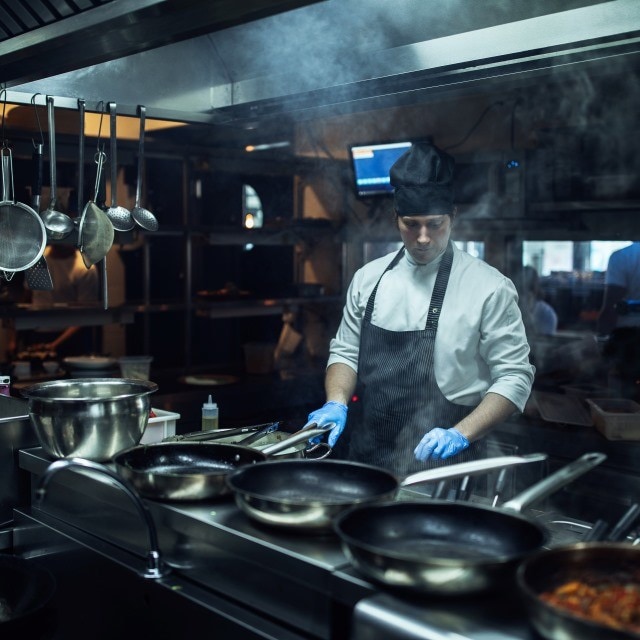
Collaboration and the stability of the operating system for chefs in the kitchen every day:
The chef team is the heart of any restaurant, and any changes will be reflected in the dining experience guests have outside the kitchen. As a result, coordination and uniformity in the kitchen's operating system across all chefs, from preparation to presentation, is critical to ensuring that each guest receives the same dish with the same taste. If you want to know how successful a restaurant is, observe the consistency of each plate’s taste every time.
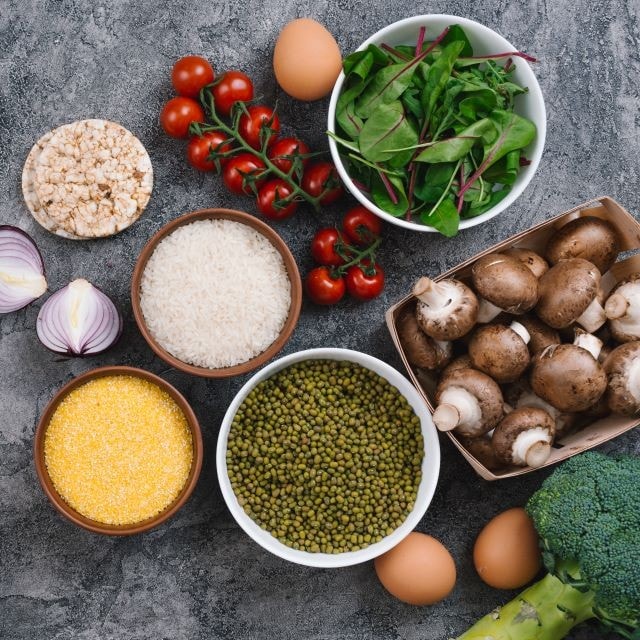
Accuracy in the details of each recipe:
The only assurances that any chef in the kitchen can obtain are precision and organization for every detail in the recipe. The specifics, from menu development to first-time dish experimentation. Cooking is a series of trials, many of which fail, but what succeeds creates something unique. It's a waste if we can't repeat, since there's no thorough documentation. The ingredients' sources and supply times must be known, the quantities must be measured in milligrams, and the preparation must be done in seconds and at the celsius temperature.
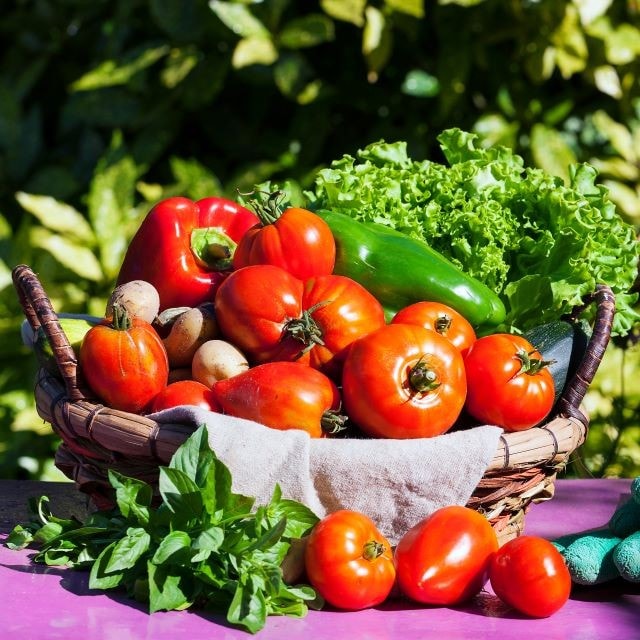
Sourcing and Quality of Ingredients:
Chefs rely on trusted sources to guarantee that each ingredient in the recipe contributes significantly to producing a pleasurable cooking and tasting experience. It is critical to locate a trusted supplier for purchasing high-quality components. To ensure consistency in taste and quality, it is also critical to evaluate suppliers and meticulously examine the quality of ingredients regularly. You should be eager to give options from various ingredient providers to ensure their regular availability following the essential criteria
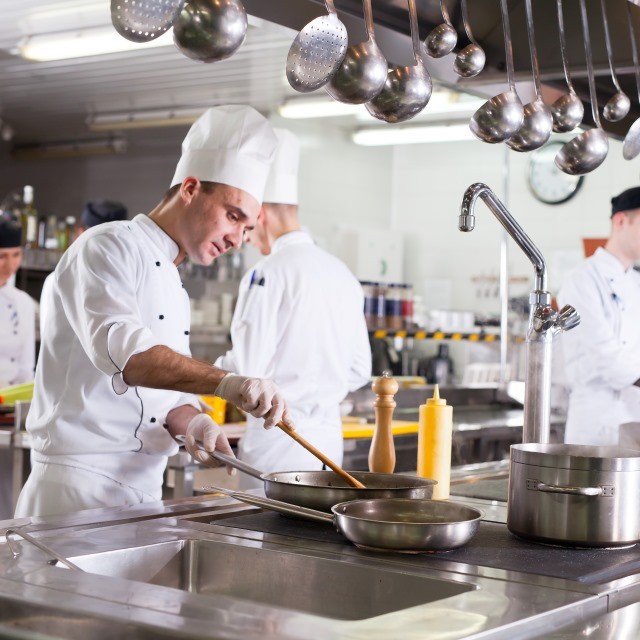
Workflow and Kitchen Organization:
The more organized your kitchen is, with everything in its place and exactly measured, the better it reflects on your cooking and food preparation. Coordination and structure among team members are vital for preparing great dishes on schedule. Arranging your kitchen minimizes strain and increases efficiency. A work schedule, for example, among team members aids in effective and organized cooking. As a result, all jobs within the team will be organized, ensuring that the meal is prepared to perfection.
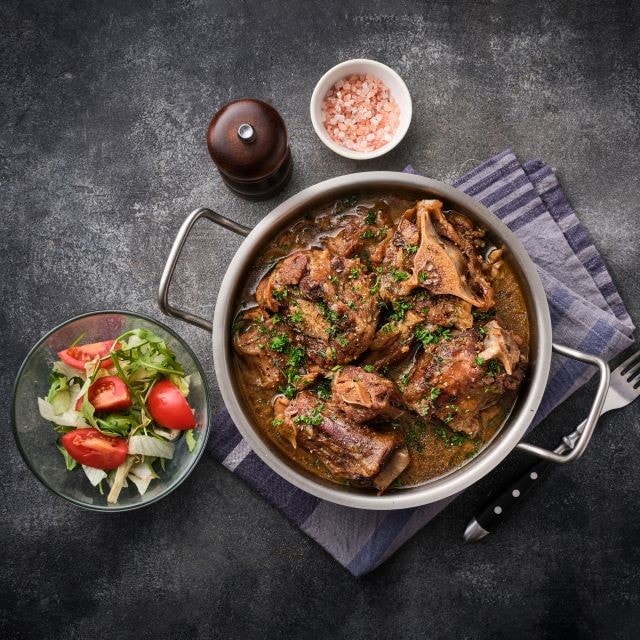
Quality Control and Feedback:
Food quality is critical, from the initial selection of vegetables to be prepared to the selection of spices and the presentation of dishes. All of this culminates in the creation of a distinct meal that fascinates everyone who tastes it for the first time and again. Listening to guests and understanding their feedback on the cuisine is also vital because it always helps enhance the dish, making it more comprehensive and gratifying in the following tries.
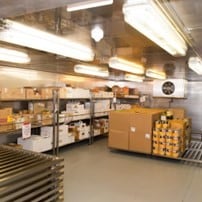
Adapting to Changing Seasons:
The restaurant sector necessitates seasonal adaptation, and adjusting to changing seasons leads to flexibility and inventiveness in the kitchen. Chefs adapt and add different touches to the foods they produce in response to environmental and social changes, producing a holistic experience that clients enjoy.
Proper food storage and the actions required to ensure the food remains fresh and unaffected by storage are two of the most critical variables in responding to changing seasons.

Food Consistency Advice from UFS Team:
"Purchasing raw materials from large companies and factories to ensure high quality and consistency" says Chef Eyad.
